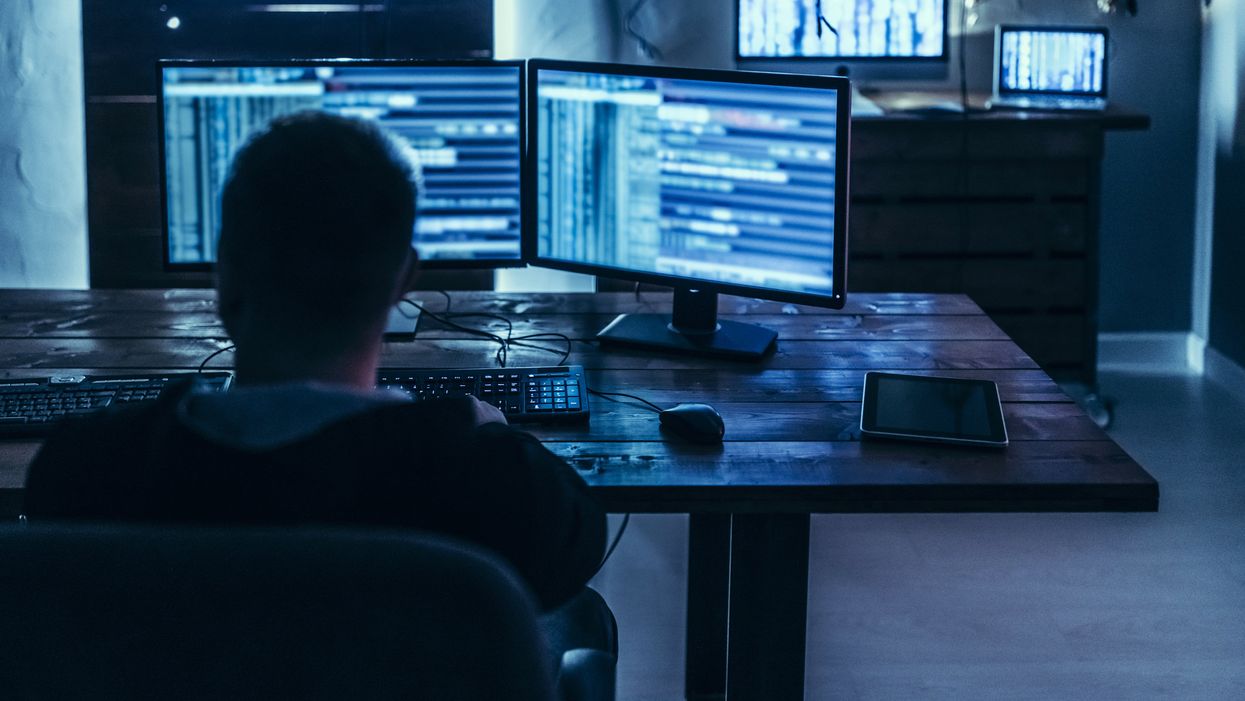Let's get something straight about the security and reliability of elections: No matter how a voting system is designed, something could go wrong — either accidentally or on purpose.
That is important to keep in mind in considering a report, released Wednesday, criticizing a type of voting machine that's been purchased by jurisdictions all across the country in the past few years in the name of improved security.
The study, led by computer science graduate students at the University of Michigan, found that most people who participated in a mock election using ballot-marking devices, known as BMDs, failed to notice errors that had been introduced on the paper ballots that were generated and then used for casting votes.
The problem, in other words, was with the attentiveness of the citizens but not the reliability of the hardware. Nonetheless, the Michigan researchers are touting their findings as evidence that BMDs don't provide sufficient safeguards against hacking by the Russians or other adversaries out to disrupt democracy in the November presidential election.
That could pose a public relations problems for the officials who have purchased such equipment for almost one-fifth of the nation's voting districts — or are asking for federal grants to upgrade their hardware in coming months. Hundreds of jurisdictions will be using BMDs as ballot boxes for the first time in November.
Under this system, voters make their selections on the screen of a computerized device. When they are done, the machine generates a printout that is fed into an electronic scanner for tabulation.
In the study, a mistake was introduced on every paper printout. But researchers found only 40 percent of the "voters" checked whether the printout matched the choices they had made on the screen — and only about 7 percent reported the error to the ersatz poll worker.
The faux polling place was set up at two libraries and a total of 241 people participated.
Before people cast their voters they were encouraged to check the accuracy of their ballots. Most of those efforts — from signs to verbal suggestions from poll workers — failed. But reminding people to check for accuracy after they had the printout in hand did modestly improve the percentage of voters who noticed errors.
The most effective method of ensuring that people found the errors is if they were given a list, or slate, of people to vote for. But researchers cautioned that "even if personalized slates are effective, the gain will be limited to the fraction of voters who can be induced to use them."
Researchers concluded that without some sort of intervention by poll workers "error detection and reporting rates are dangerously low." Absent ways to improve verification by voters, this BMD system "cannot be relied on to reflect voter intent if the machines are controlled by an attacker."
The report does concede that electronic ballot-marking devices are better than systems that don't create any paper record, which were in widespread use for most of the past two decades. And, it notes, they allow people with disabilities to more easily vote.
Recommendations in the report for those places using ballot-marking devices include designing polling places to encourage people to verify their paper ballots, helping them correct their ballots, and educating voters about the BMD voting system in advance.
The ideal, election security experts say, remains the paper ballot filled out by hand.
But even then, the computerized scanners used to count the votes could be compromised.




















